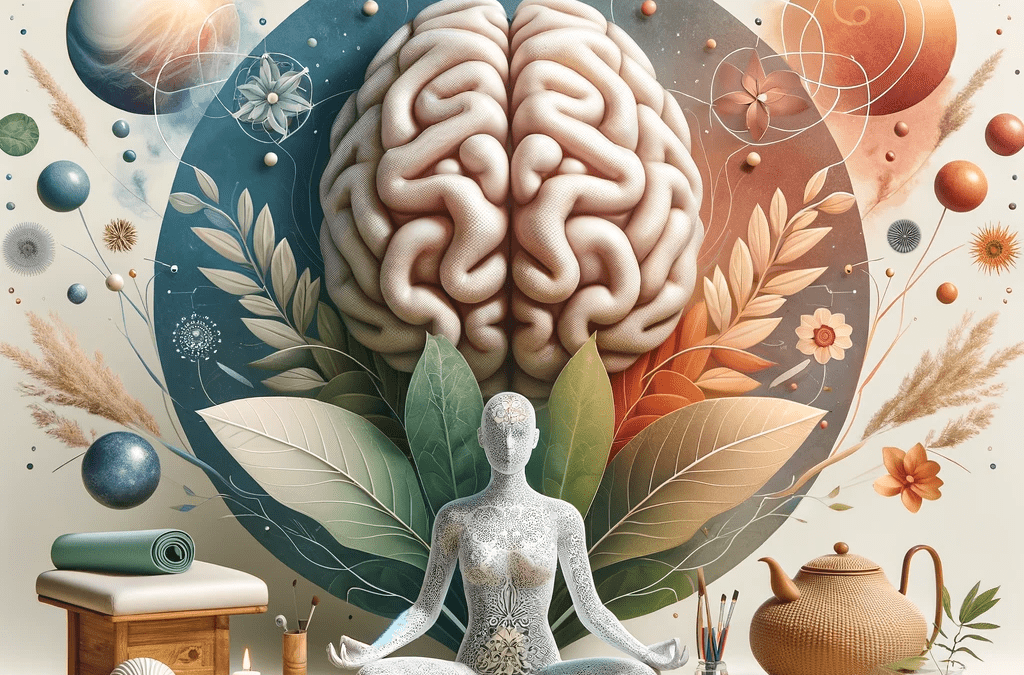sMental health treatment is often most effective when it adopts a holistic approach, considering all aspects of a person’s wellbeing. In this context, ketamine therapy emerges not just as a standalone treatment but as a component of a broader, integrative care model. This article explores how ketamine therapy can be harmoniously integrated with other mental health treatments, lifestyle changes, and various interventions to create a comprehensive and effective mental health care plan.
The Role of Ketamine in Mental Health Treatment
Ketamine therapy, known for its rapid and effective results in conditions like treatment-resistant depression, PTSD, and certain chronic pain syndromes, offers a unique mechanism of action that complements traditional mental health treatments. Its ability to provide quick symptom relief can be a crucial turning point for many patients, particularly those who have struggled with other therapies.
Complementing Traditional Therapies
Integrating ketamine therapy with traditional psychotherapies (such as CBT, DBT, or psychoanalysis) can enhance overall treatment effectiveness. The rapid symptom relief from ketamine can provide a more stable mental state, allowing patients to engage more effectively in psychotherapy sessions and address underlying issues with greater clarity.
Lifestyle Changes and Wellness Practices
Holistic mental health care also emphasizes the importance of lifestyle changes and wellness practices. This includes regular physical activity, a balanced diet, adequate sleep, mindfulness practices, and stress management techniques. Ketamine therapy, when combined with these lifestyle modifications, can amplify the benefits, leading to more sustainable mental health improvements.
Other Therapeutic Interventions
Other interventions, such as support groups, art therapy, music therapy, or acupuncture, can also be integrated with ketamine therapy. These complementary therapies can help address various aspects of mental and emotional health, contributing to a more well-rounded treatment approach.
Personalized Treatment Plans
The integration of ketamine therapy into a broader treatment plan should be highly individualized. What works for one patient may not be as effective for another. Therefore, Austin Ketamine Clinic works closely with each patient to develop a personalized treatment plan that considers their unique needs, preferences, and medical history.
Monitoring and Adjustments
Continuous monitoring and adjustments are essential in any integrated treatment plan. As patients progress with ketamine therapy, other aspects of their treatment may need to be modified to ensure the best outcomes. This might include adjusting therapy sessions, lifestyle recommendations, or additional interventions.
Conclusion
Ketamine therapy, when integrated thoughtfully into a holistic mental health treatment plan, can offer profound benefits. It’s not just about treating symptoms but addressing the whole person — mind, body, and spirit. By combining ketamine therapy with other treatments and lifestyle changes, patients can embark on a comprehensive journey toward healing and long-term wellness.

